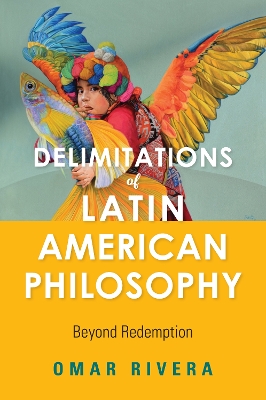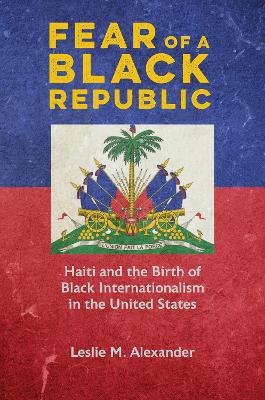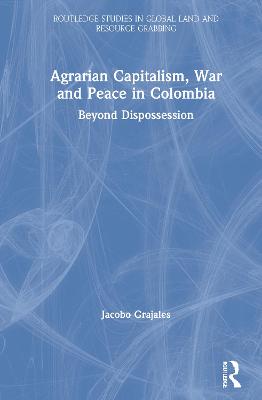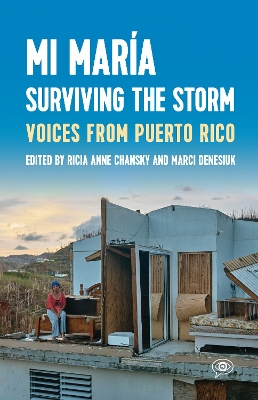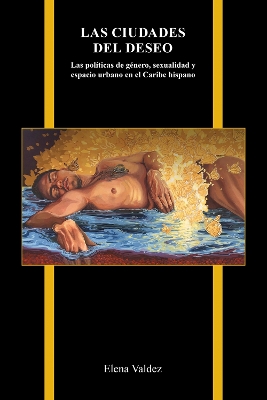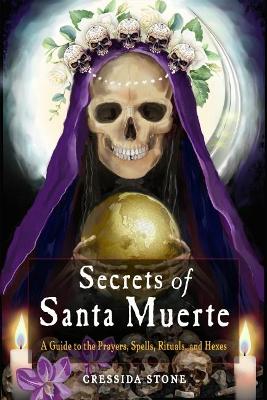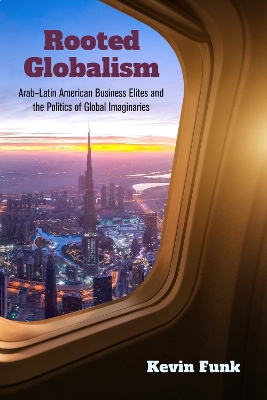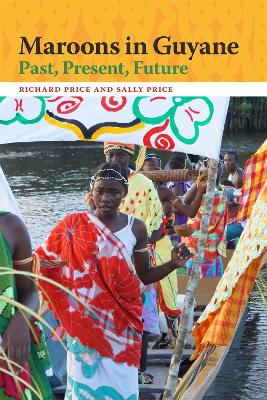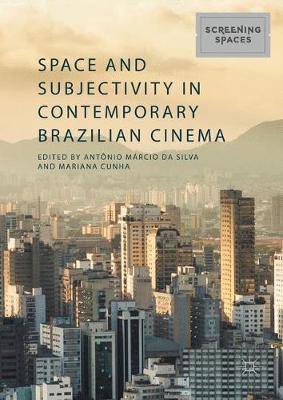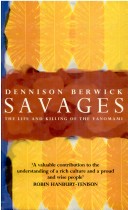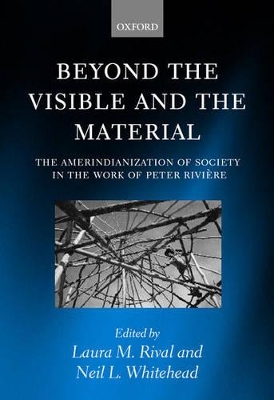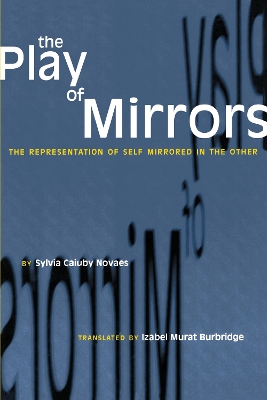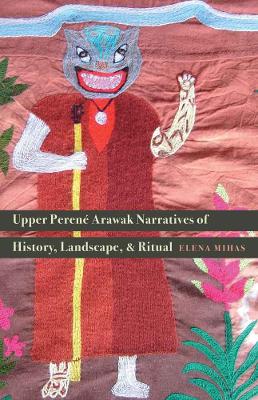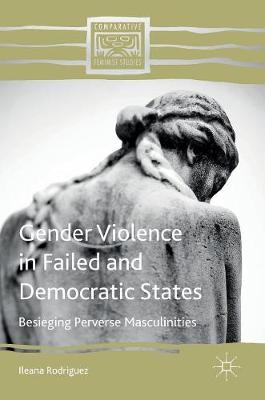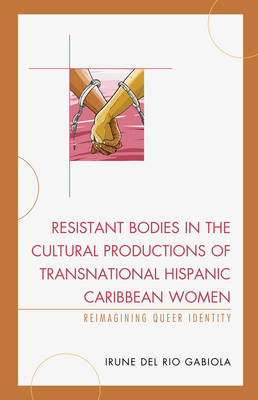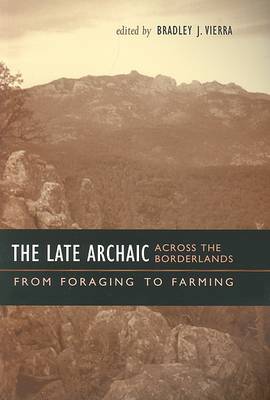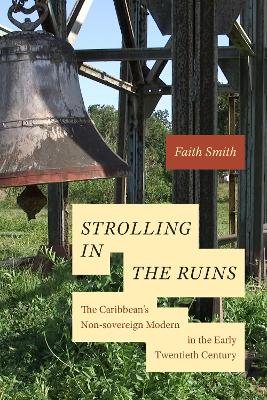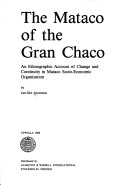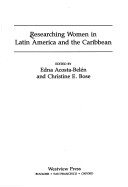Delimitations of Latin American Philosophy (World Philosophies)
by Omar Rivera
A distinctive focus of 19th- and 20th-century Latin American philosophy is the convergence of identity formation and political liberation in ethnically and racially diverse postcolonial contexts. From this perspective, Omar Rivera interprets how a "we" is articulated and deployed in central political texts of this robust philosophical tradition. In particular, by turning to the work of Peruvian political theorist José Carlos Mariátegui among others, Rivera critiques philosophies of liberation...
Fear of a Black Republic (Black Internationalism)
by Leslie M. Alexander
The emergence of Haiti as a sovereign Black nation lit a beacon of hope for Black people throughout the African diaspora. Leslie M. Alexander’s study reveals the untold story of how free and enslaved Black people in the United States defended the young Caribbean nation from forces intent on maintaining slavery and white supremacy. Concentrating on Haiti’s place in the history of Black internationalism, Alexander illuminates the ways Haitian independence influenced Black thought and action in the...
Based on extensive research conducted in Colombia since 2009, this book addresses the connection between land grabbing and agrarian capitalism, as well as the unfulfilled promises of peace and justice. While land remains a key resource at the core of many contemporary civil wars, the impact of high-intensity armed violence on the formation of agrarian capitalism is seldom discussed. Drawing on nearly 200 interviews, archival research, and geographical data, this book examines land grabbing and...
Teaching Haiti
When Hurricane Maria made landfall in Puerto Rico in September 2017, it left no part of the archipelago unscathed. The hurricane triggered floods and mudslides, washed out roads, destroyed tens of thousands of homes, farms, and businesses, caused the largest blackout in US history, knocked out communications, led to widespread food, drinking water, and gasoline shortages, and caused thousands of deaths. The seventeen oral histories collected in Mi Maria: Surviving the Storm share stories of th...
Las ciudades del deseo (Purdue Studies in Romance Literatures)
by Elena Valdez
Las ciudades del deseo explores the representations of gender, sexuality, and urban space in contemporary narratives from Cuba, the Dominican Republic, and Puerto Rico. By examining a corpus of novels published since 2000, this book shows how the changes in urban landscape create a new image of the city that destroys traditional gender roles and produces different discourses on sexuality. At moments of crisis in political agendas that took place between 1990 and 2000, queer subjects became spoke...
Maroons in Guyane (Race in the Atlantic World, 1700-1900)
by Richard Price and Sally Price
Space and Subjectivity in Contemporary Brazilian Cinema (Screening Spaces)
This collection explores the emergence of new spatialities and subjectivities in Brazilian films produced from the 1990s onwards, a period that became known as the retomada, but especially in the cinema of the new millennium. The chapters take spatiality as a powerful tool that can reveal aesthetic, political, social, and historical meanings of the cinematographic image instead of considering space as just a formal element of a film. From the rich cross-fertilization of different theories and di...
In some ways a sequel to "Amazon", but also a document on the clash of ancient culture with new in South America. Through the eyes of individual Yanomani characters we learn of the manner in which these ancient communities are being gradually obliterated by the invasion of Western man. It is not just our felling of the indigenous rain forest or the selling of their homeland which is ruining their livelihood; we are wreaking havoc in more subtle ways - the introduction of diseases to which they h...
In the generations after emancipation, hundreds of thousands of African-descended working-class men and women left their homes in the British Caribbean to seek opportunity abroad: in the goldfields of Venezuela and the canefields of Cuba, the canal construction in Panama, and the bustling city streets of Brooklyn. But in the 1920s and 1930s, racist nativism and a brutal cascade of antiblack immigration laws swept the hemisphere. Facing borders and barriers as never before, Afro-Caribbean migrant...
Beyond the Visible and the Material
This volume explores the legacy of Peter Riviere, retired Professor of Social Anthropology, University of Oxford, in the development of the anthropology of Amazonia. An international group of leading specialists contributes to the substantial and growing body of Amazonian ethnography, discussing topics which include kinship and genealogy, the village as a unit of ethnographic observation and analysis, the human body in political and social processes, and gender relationships as aspects of politi...
This book addresses the complex issue of incarceration of Latino/as and offers a comprehensive overview of such topics as deportations in historical context, a case study of latino/a resistance to prisons in the 70s, the issues of youth and and girls prisons, and the post incarceration experience.
Rethinking Chicana/o and Latina/o Popular Culture (Future of Minority Studies)
by D. Perez
This book examines the various ways queer identities are represented in Chicana/o and Latina/o cultural texts.
Metropolitan Intimacies (Culture, Humanity, and Urban Life)
by Francisco Cruces
The Play of Mirrors (LLILAS Translations from Latin America)
by Sylvia Caiuby Novaes
Focusing on the Bororo people of west-central Brazil, this book addresses the construction of self-identity through interethnic interaction. By presenting the images the Bororo have of themselves as well as the images of others who have interacted with them, Brazilian anthropologist Sylvia Caiuby Novaes argues convincingly that Bororo self-images are constructed with the aid of a peculiar looking-glass—it is in the images of others that they see themselves. Incorporating contributions from psyc...
Upper Perené Arawak Narratives of History, Landscape, and Ritual
by Elena Mihas
Published through the Recovering Languages and Literacies of the Americas initiative, supported by the Andrew W. Mellon Foundation The rich storytelling traditions of the Alto Perené Arawaks of eastern Peru are showcased in this bilingual collection of traditional narratives, ethnographic accounts, women’s autobiographical stories, songs, chants, and ritual speeches. The Alto Perené speakers are located in the colonization frontier at the foot of the eastern Andes and the western fringe of t...
Gender Violence in Failed and Democratic States (Comparative Feminist Studies)
by Ileana Rodriguez
This book presents original research of violence against women in both achieved and failed states (i.e. Austria, the United States, and Nicaragua) from both a political and psychological perspective. Ileana Rodriguez presents various cases studies that showcase the hard data provided by articles on gender violence (incest, rape, feminicide) in the media, with advanced feminist theories leaning on Freud and Lacan, and with literary fiction that speaks of masculine desire.
Resistant Bodies in the Cultural Productions of Transnational Hispanic Caribbean Women (Latin American Gender and Sexualities)
by Irune Del Rio Gabiola
Resistant Bodies in the Cultural Productions of Transnational Hispanic Caribbean Women: Reimagining Queer Identity examines the art created by several Caribbean women who use literature, film, graphic novels, music, testimonios, photographs, etc. to convey social justice, democracy, and new ways of re/imaging marginal identities. In using Chela Sandoval's theories on methodologies of the oppressed, Irune del Rio Gabiola argues how the tactics Sandoval offers can be productively applied to the cu...
The Late Archaic Across the Borderlands (Texas Archaeology & Ethnohistory)
Why and when human societies shifted from nomadic hunting and gathering to settled agriculture engages the interest of scholars around the world. One of the most fruitful areas in which to study this issue is the North American Southwest, where Late Archaic inhabitants of the Sonoran and Chihuahuan Deserts of Mexico, Arizona, and New Mexico turned to farming while their counterparts in Trans-Pecos and South Texas continued to forage. By investigating the environmental, biological, and cultural f...
In Strolling in the Ruins Faith Smith engages with a period in the history of the Anglophone Caribbean often overlooked as nondescript, quiet, and embarrassingly pro-imperial within the larger narrative of Jamaican and Trinidadian nationalism. Between the 1865 Morant Bay Rebellion and World War I, British imperialism was taken for granted among both elites and ordinary people, while nationalist discourses would not begin to shape political imagination in the West Indies for decades. Smith argues...
The Mataco of the Gran Chaco (Uppsala Studies in Cultural Anthropology, Vol 11)
by Jan-Ake Alvarsson
"In-depth ethnographic study of the Mataco of Bolivia focuses on socioeconomic organization, changes, and continuities. Describes impact of historical changes on Mataco cultural practices, and discusses kinship and social organization as forms of identity maintenance. Contributes to the study of economic strategies of lowland groups"--Handbook of Latin American Studies, v. 57.
Researching Women In Latin America And The Caribbean
This comprehensive critique and review of two decades of cross-disciplinary research discusses how current scholarship on women and gender in specific disciplines or topical areas - including history, anthropology, sociology, political economy and literature - is reconstructing knowledge, expanding traditional fields of enquiry and revitalizing Latin-American and Caribbean studies.
